Change is inevitable in life, but each person responds to it differently based on their personality. The Enneagram, with its nine distinct types, offers a fascinating framework for understanding how individuals handle new situations and transitions. Whether it's moving to a new place, changing careers, or entering a new relationship, our reaction to change is deeply influenced by our core motivations and fears. This article explores how each Enneagram type navigates change and novelty, offering practical insights to help manage uncertainty effectively.
Introduction
Transitions and new experiences can trigger a variety of responses, from excitement to anxiety. Understanding your Enneagram type allows you to anticipate your natural reaction to change and adopt strategies to cope better. While some types embrace novelty with enthusiasm, others may be more reluctant, preferring stability and routine. By understanding these dynamics, not only can you handle change more calmly, but you can also improve your relationships with those who respond differently.
What is the Enneagram?
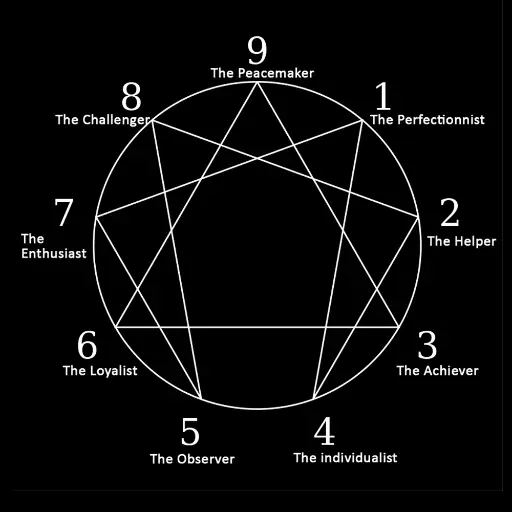
The Enneagram is a personality model that categorizes individuals into nine distinct types, each with its own deep-rooted motivations, fears, and ways of interacting with the world. Each type has a unique approach to challenges and opportunities, including how they manage change and new experiences.
Why is it Important to Understand How Enneagram Types React to Change?

Change can be a source of personal growth but also of stress. By understanding how each Enneagram type responds to change, you can adopt tailored strategies to manage discomfort or maximize opportunities. This understanding can also improve interactions in both professional and personal environments, as it allows for greater empathy and awareness of others' reactions.
How the Nine Enneagram Types Handle Change and Novelty
Type 1: The Perfectionist
Reaction to Change: Reluctance and need for control
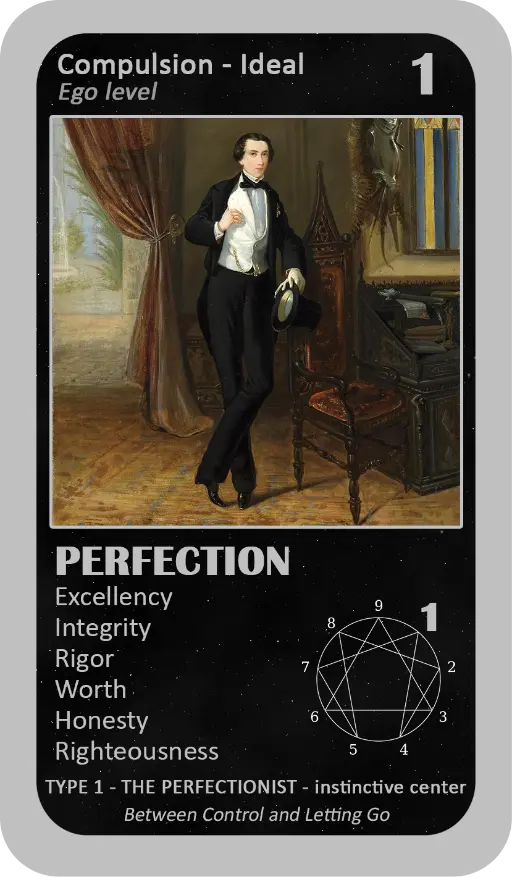
Perfectionists (or Reformers) tend to seek order, structure, and perfection. Change, especially if perceived as disorganized or unpredictable, can create anxiety. Their first reaction is often to impose structure on the new situation to regain a sense of control.
Management Strategy:
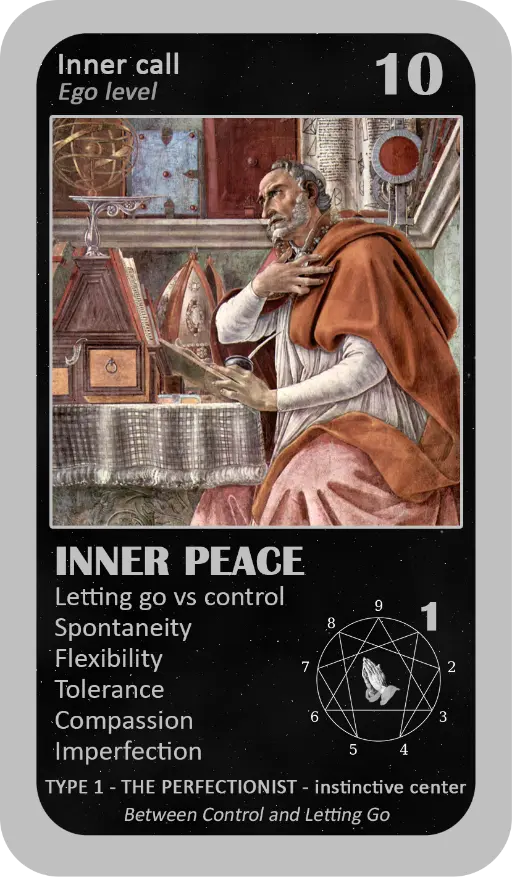
- Learn to let go and accept that change can bring unexpected benefits, even if everything is not under control.
- Practice mental flexibility and self-compassion to avoid rigidity in new situations.
Type 2: The Helper
Reaction to Change: Fear of becoming unnecessary
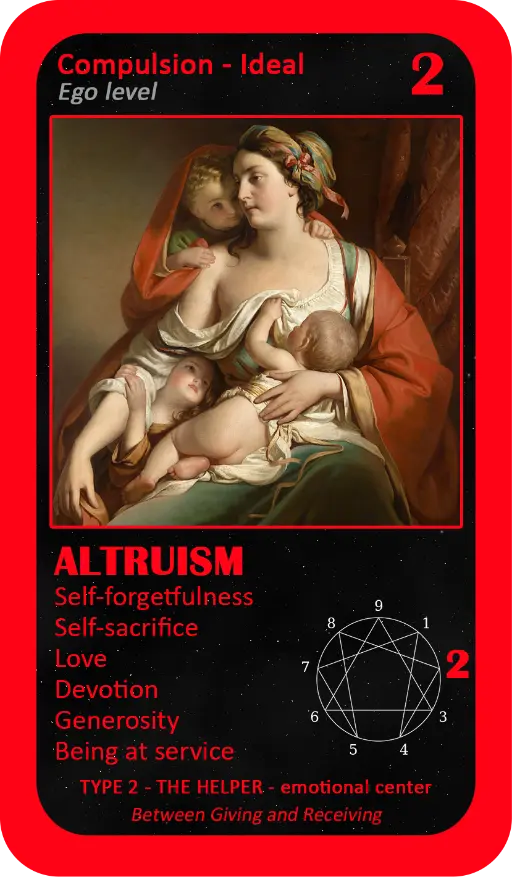
Helpers, driven by the need to assist and feel loved, may view changes as a threat to their role in supporting others. If novelty involves an environment where their supportive talents are not immediately needed, they can feel disoriented or undervalued.
Management Strategy:
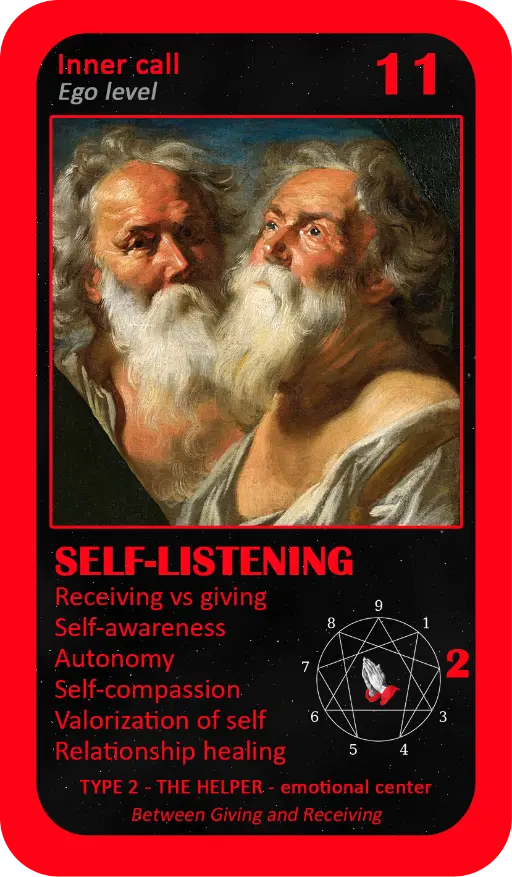
- Focus on learning new ways to help and offer support, even in unfamiliar situations.
- Remind themselves of their intrinsic worth, independent of their role as a “supporter.”
Type 3: The Achiever
Reaction to Change: An opportunity to shine

Achievers generally see change as a chance to excel and demonstrate their effectiveness. They are often excited by novelty, viewing it as an opportunity to prove their value and reach new heights.
Management Strategy:
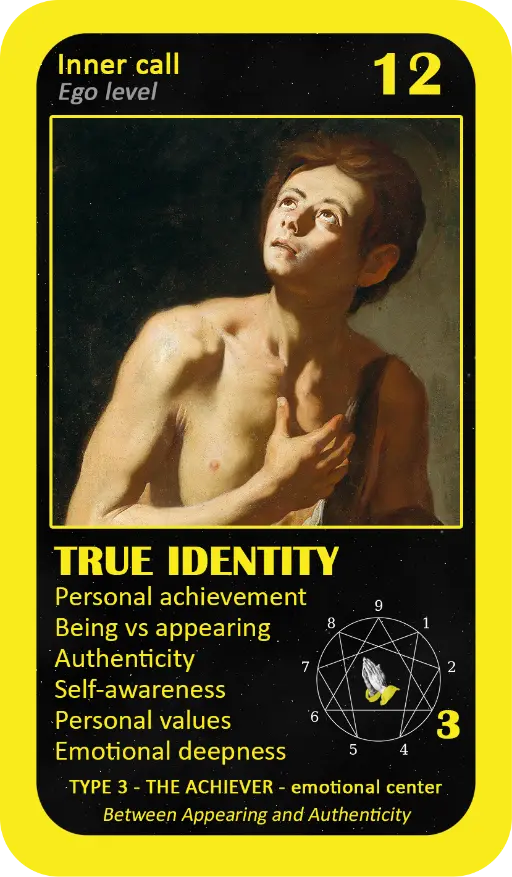
- While their proactive approach is an asset, they should take time to evaluate if the change aligns with their long-term goals rather than merely seeking immediate success.
- Learn to slow down and avoid burnout in their relentless pursuit of achievement.
Type 4: The Individualist
Reaction to Change: Melancholy and a desire for authenticity
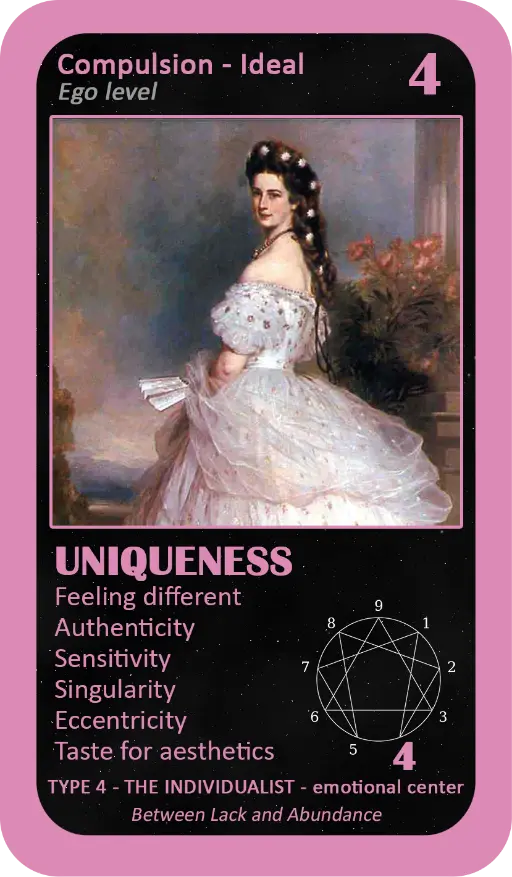
Individualists are introspective and highly attuned to their emotions. Change can trigger feelings of loss or nostalgia for what they leave behind. They may also fear that novelty won’t allow them to express themselves authentically.
Management Strategy:
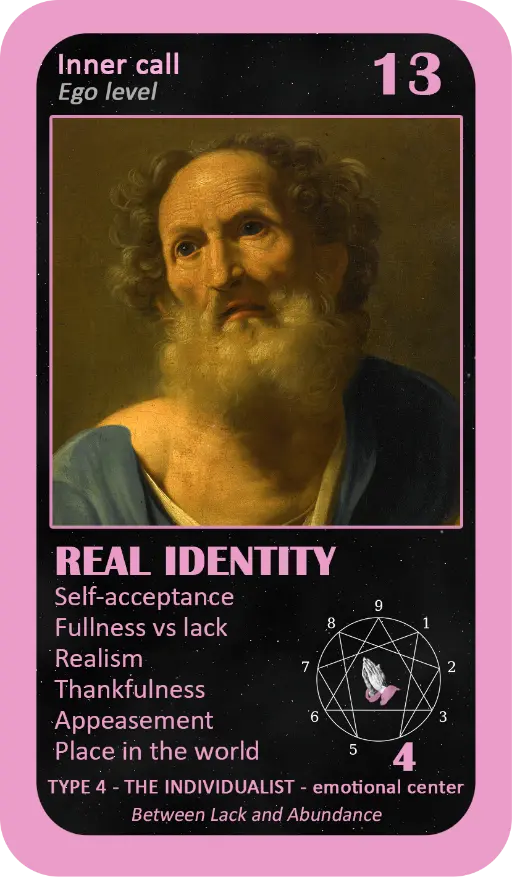
- Recognize that change can be an opportunity to redefine their identity and engage in new forms of creativity.
- Focus on the positive aspects of change rather than what has been lost.
Type 5: The Observer
Reaction to Change: Need for time to adapt and analyze
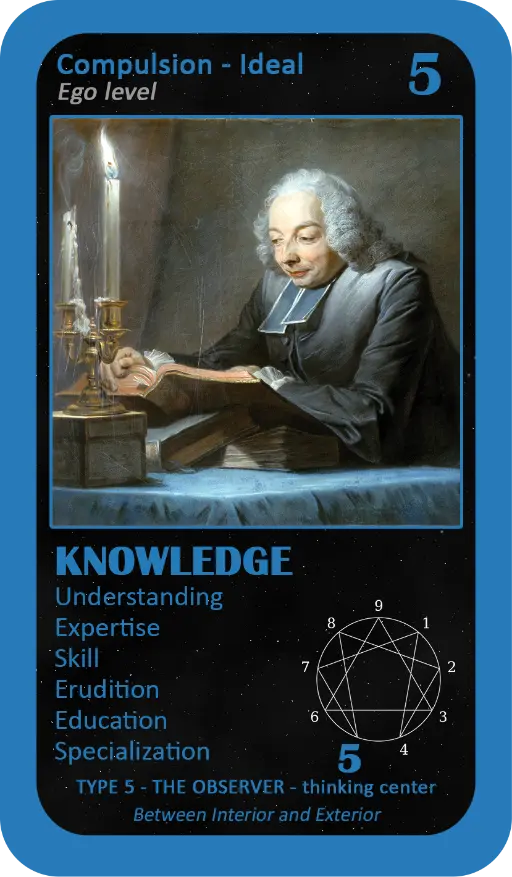
Observerslove to understand and analyze before committing to anything. Change can feel overwhelming if they haven’t had time to prepare or fully understand the details. They prefer a methodical, thoughtful approach to novelty.
Management Strategy:
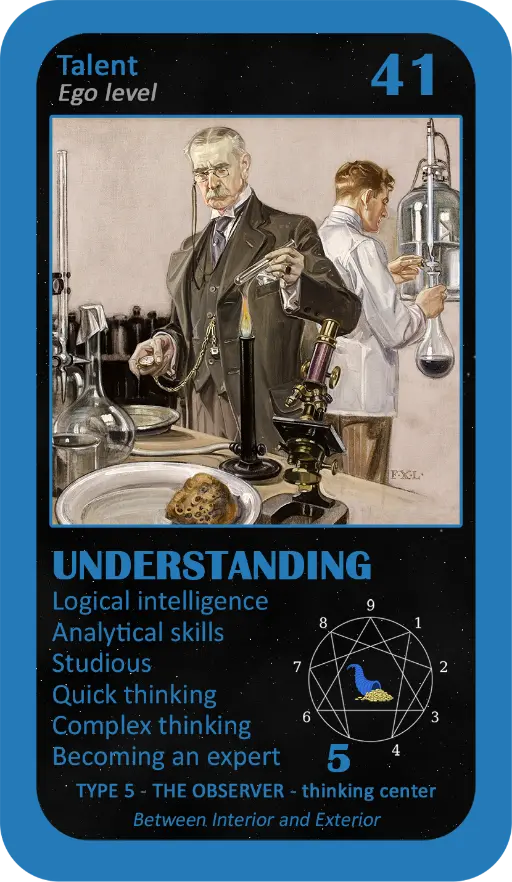
- Take time to gather enough information to feel comfortable with change.
- Learn to accept uncertainty and act without having all the answers.
Type 6: The Loyalist
Reaction to Change: Fear and need for security
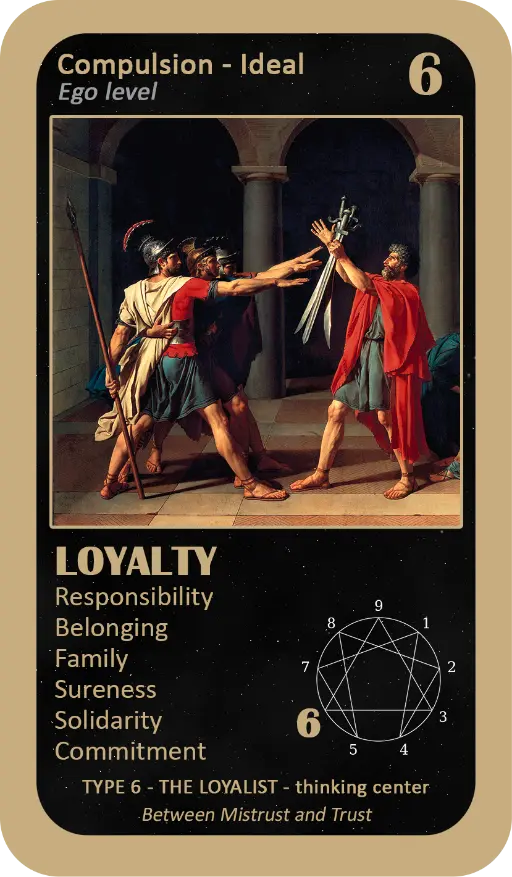
Loyalists can be very resistant to change, as they fear instability and insecurity. They prefer familiar environments where they can anticipate events. When faced with novelty, their initial reaction is often one of suspicion.
Management Strategy:
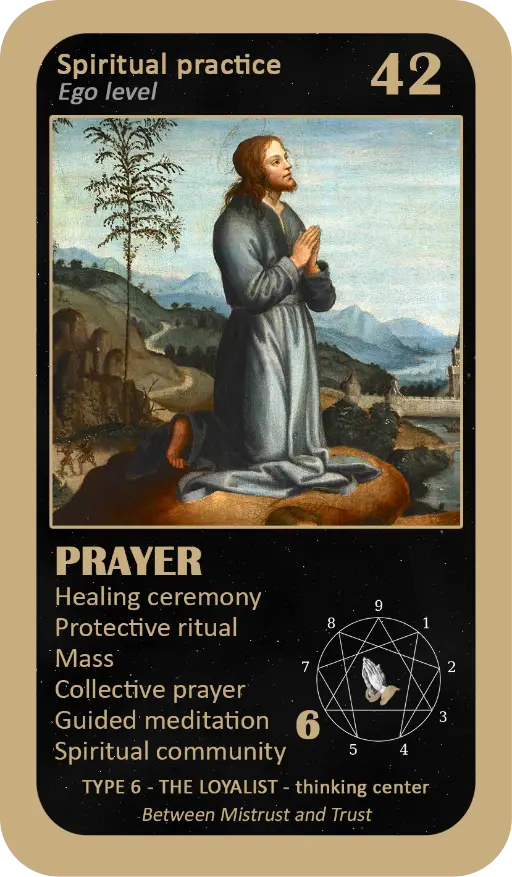
- Develop routines and structures in new situations to feel more secure.
- Work on building confidence in themselves to face uncertainty with greater calm.
The Enneagram Oracle
Did you like the cards above? They are part of the Enneagram Oracle.
Would you like to know more about this Oracle? All the info is there!
Type 7: The Enthusiast
Reaction to Change: Enthusiasm and a quest for novelty

Enthusiasts love change and novelty. For them, every transition is a new adventure to experience. They are motivated by the pursuit of pleasure and enriching experiences and rarely view change as a threat.
Management Strategy:
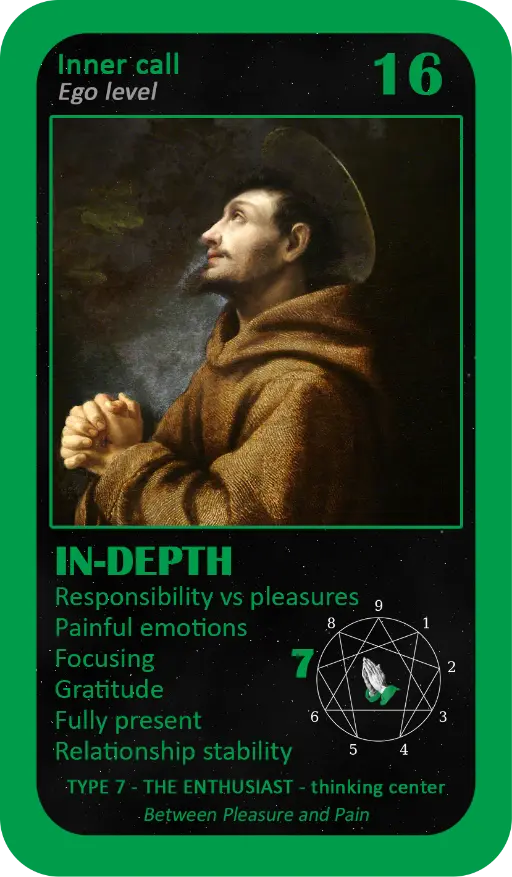
- While their enthusiasm is a strength, they need to learn not to avoid the more challenging aspects of change.
- Take time to fully engage in an experience before moving on to the next.
Type 8: The Challenger
Reaction to Change: Need for control and management of novelty
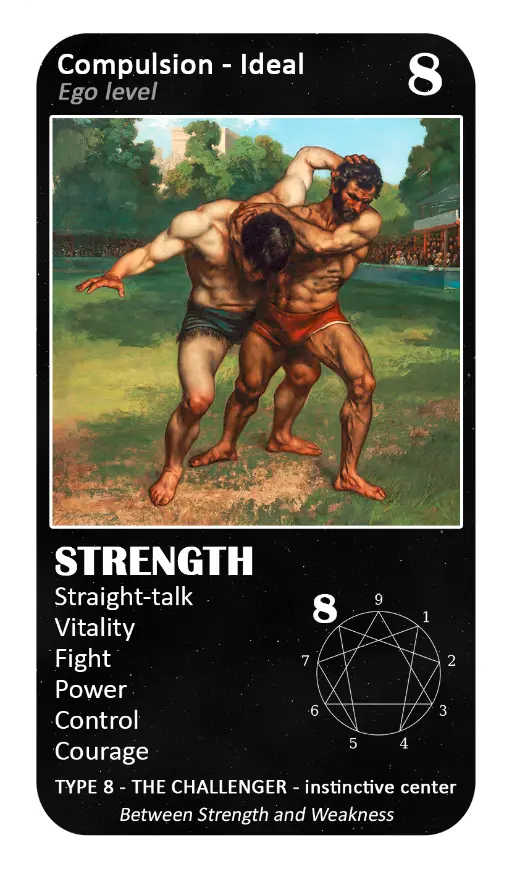
Challengers like to have control and do not tolerate well changes that they haven’t initiated. However, when leading change, they dive into it with strength and determination. Their approach to change is often pragmatic, focused on maintaining power and protecting their interests.
Management Strategy:
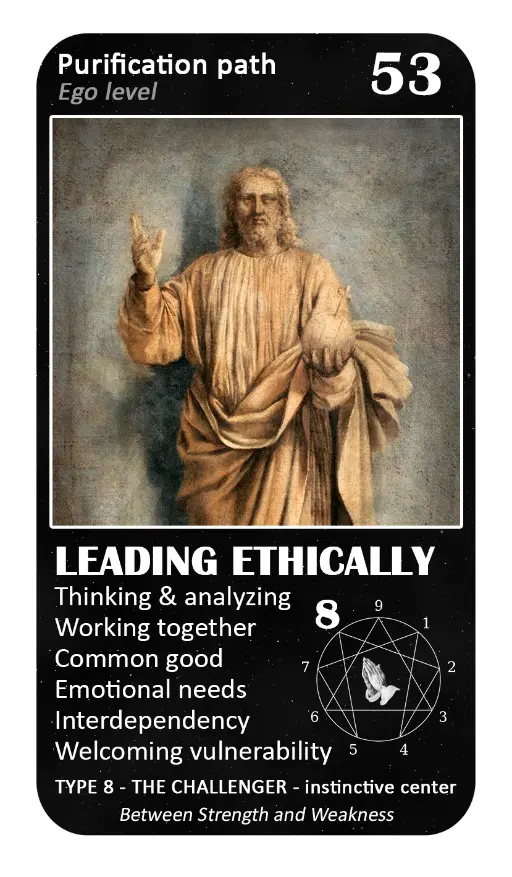
- Learn to delegate and trust others during transitions.
- Accept that not everything can be controlled and that some transformations can be beneficial without direct intervention.
Type 9: The Peacemaker
Reaction to Change: Avoidance and pursuit of peace
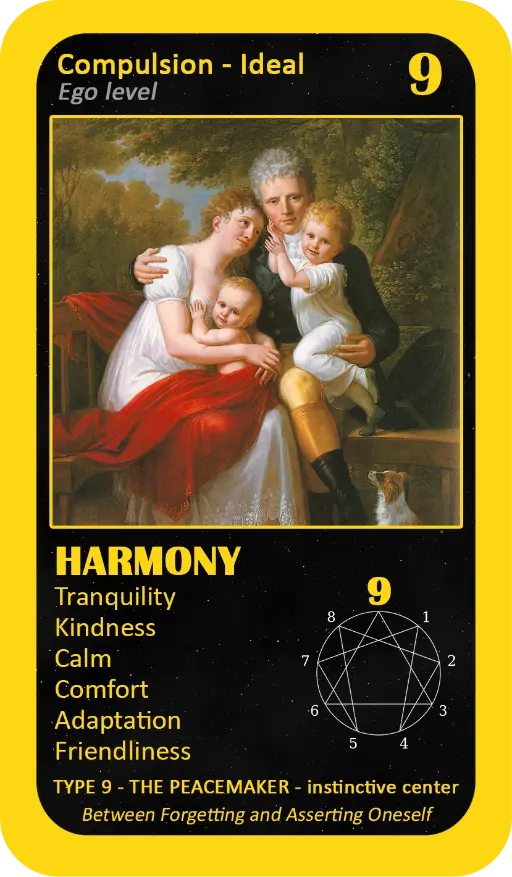
Peacemakers prefer stability and harmony. Change, especially if abrupt or conflictual, can lead to avoidance. They might ignore necessary changes to maintain their inner peace.
Management Strategy:
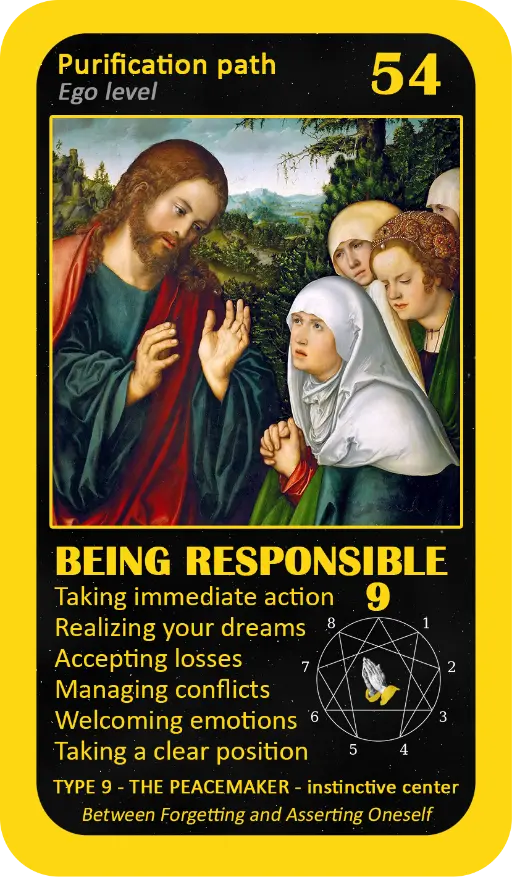
- Work on actively confronting changes rather than avoiding them.
- Focus on the positive aspects of change and how it can lead to greater harmony in their life.
The Mystical Enneagram Oracle
Did you like the cards above? They are part of The Mystical Enneagram Oracle.
Would you like to know more about this Oracle? All the info is there!
How to Use the Enneagram to Manage Change
The Enneagram is a valuable tool for understanding how we approach change and for developing strategies that align with our personality type. Here are some practical tips:
1. Know Your Type in Depth.
This may seem obvious, but the more you understand your type’s motivations and fears, the better you can anticipate your reaction to change.
2. Identify Your Stress Triggers.
Each personality type has specific triggers when faced with change. Recognizing these triggers allows you to manage them more effectively.
3. Develop Strategies for Managing the Unknown.
Each type can benefit from specific strategies to approach novelty with more confidence and ease. Whether by arming yourself with information (Type 5) or developing reassuring routines (Type 6), there are ways to make change more manageable.
4. Practice Flexibility.
Change often requires a certain level of mental and emotional flexibility. Perfectionists (Type 1) can learn to accept imperfection, while Peacemakers (Type 9) can benefit from a more proactive approach to transitions. Flexibility is a key skill for navigating periods of transformation.
5. Surround Yourself with Support.

Having a support network is crucial for navigating periods of change. Each Enneagram type can benefit from a community or relationships that provide comfort and encouragement. For example, a Type 2 might benefit from relationships where they feel valued, while a Type 6 will feel reassured by a stable, reliable environment.
6. Accept That Change Is Part of Growth.
Change is a constant in life. Each type can view change as an opportunity for growth, even if it feels uncomfortable at first. By adopting an open and positive attitude, transitions become opportunities for learning and personal development.
Conclusion
Change and novelty are inevitable elements of life, and each Enneagram type approaches them differently. While some types, like the 3 (The Achiever) and 7 (The Enthusiast), embrace novelty with enthusiasm, others, like the 1 (The Perfectionist) or 6 (The Loyalist), may feel a greater need for security and control. By understanding your personality type and adopting appropriate strategies, you can better manage transitions and use change as a lever for personal growth.
The Enneagram not only helps us understand how we react to change but also offers practical insights for evolving and adapting to life’s challenges. Whether you're someone who actively seeks out novelty or prefers stability, the Enneagram can help you find a healthy balance in how you approach change.
Key Takeaways:
- Each Enneagram type has a unique way of approaching change, influenced by its core motivations and fears.
- Action-oriented types, like Type 3 and 7, generally view change as an opportunity, while more anxious types, like Type 6 and 9, may perceive it as a threat to their stability.
- By developing strategies tailored to your personality type, you can better manage transitions and enjoy the benefits that change can offer.
In the end, the Enneagram is a powerful tool for understanding our behavior in the face of change and for cultivating a healthier, more productive attitude toward novelty. Learning to use these insights can transform how we experience transitions, allowing us to approach the future with greater confidence and serenity.
Did this article help you better understand how each Enneagram type approaches change and novelty? Share your thoughts or ask your questions in the comments below. For more on the Enneagram and how it can help you navigate life’s challenges, feel free to explore our other articles and resources.
-----
This article was written using artificial intelligence and has been verified, checked and edited by Elena. Did it help you better understand the Enneagram? Please share your thoughts or ask questions in the comments. If you would like to learn more about the Enneagram, check out Elena’s self-published Enneagram Oracles, or download Elena’s free e-book “Introduction to the Enneagram.”









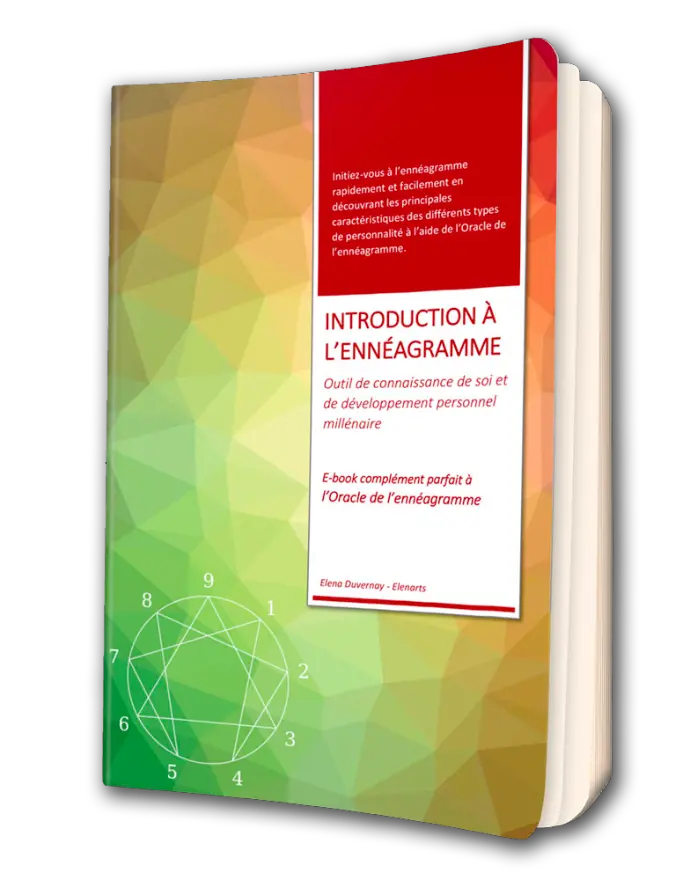


How Each Enneagram Type Approaches Change and Novelty: A Comprehensive Guide